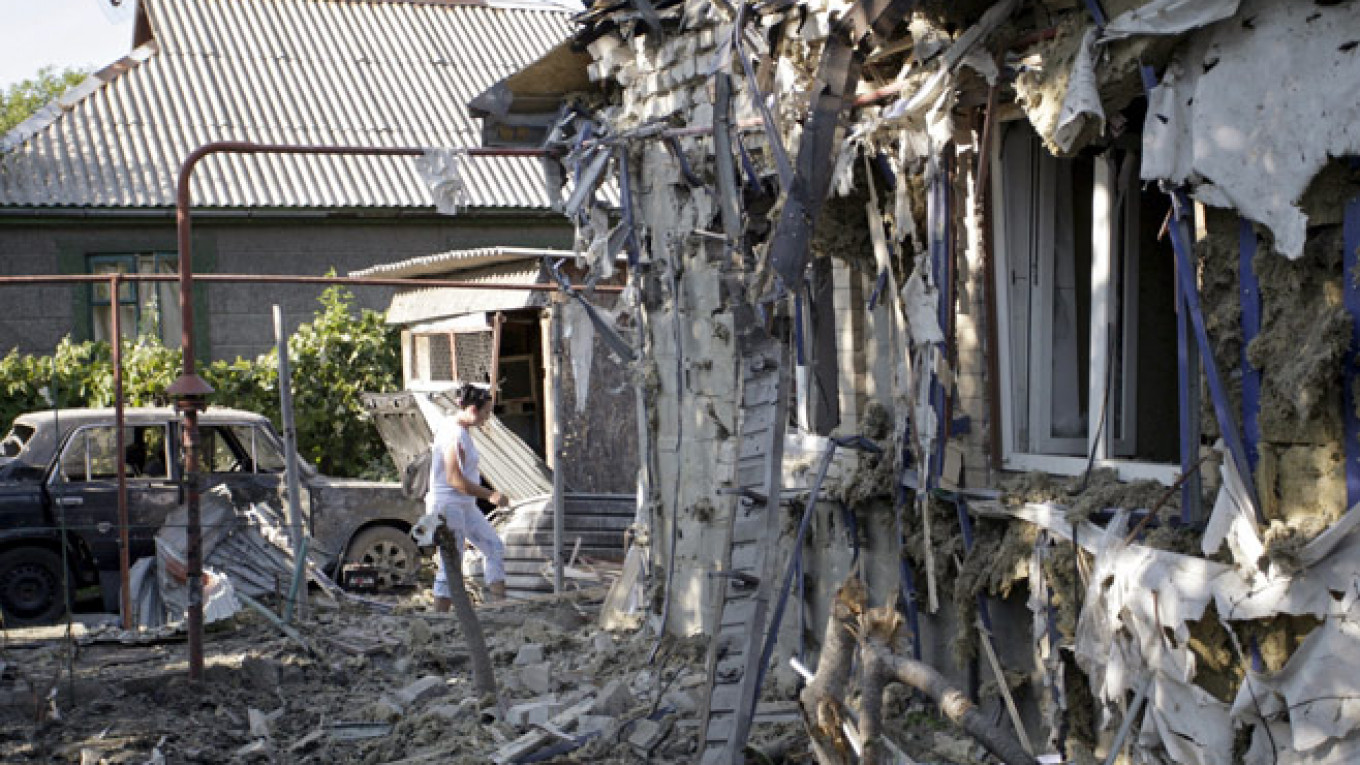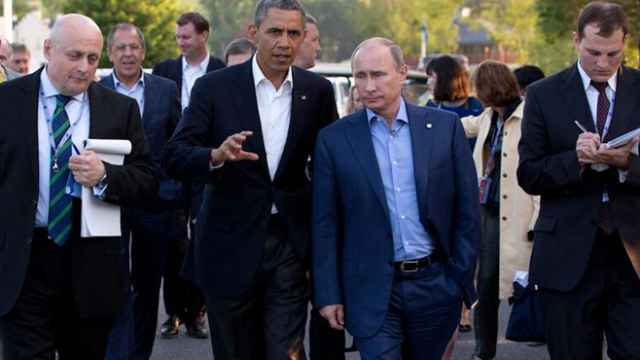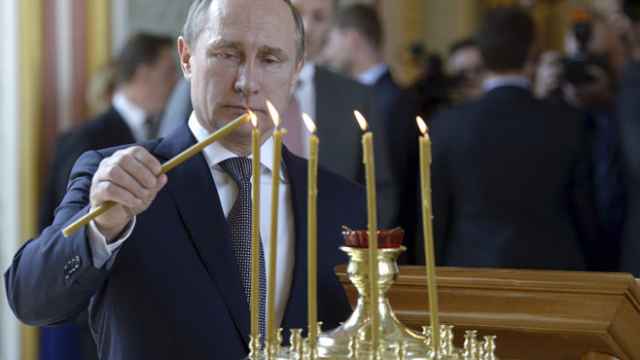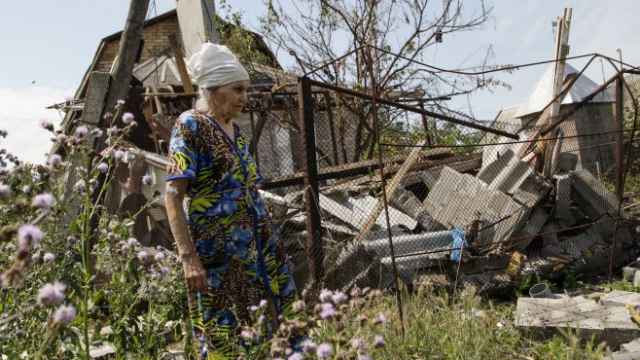The Kremlin is watching the implementation of the Minsk-2 agreement nervously. The agreement is failing to deliver on Russia's policy goals in Ukraine. Once viewed as a diplomatic coup to win through means other than war, it has now turned into a diplomatic trap that could at best provide cover for Russia's withdrawal from the Donbass.
Moscow's objective under Minsk-2 was to secure a lever of Russian control inside Ukraine through the reintegration of the Donbass as "special status regions" within the Ukrainian constitutional framework. This was to be achieved through the "political aspects" of Minsk-2 that obligated Kiev to grant the separatists extremely broad powers of self-rule, enshrined in a new constitution, effectively turning Ukraine into a dysfunctional confederate state.
The bet was that Kiev's interest in restoring its sovereignty and Western pressure to avoid the resumption of hostilities would ensure a swift implementation of this political package, ultimately conditioned on Moscow's relinquishing control over the border with Ukraine.
That assumption proved wrong. The political process stalled as Ukraine severed the separatist regions and refused to negotiate with their leaders the modalities of the self-rule. Although not stating it officially, Ukraine no longer seeks to reintegrate the separatist areas on Minsk-2 terms, leaving them under effective Russian control.
Kiev's strategy is to prevent the conflict from spreading and make Moscow pay for the devastated Donbass, while remaining under Western sanctions. Western pressure on Kiev resulted only in modest constitutional changes that fall far short of what Moscow desired.
The Minsk-2 trajectory is now unsatisfactory to Moscow. It could provide a diplomatic cover for the Russian withdrawal from the Donbass in exchange for sanctions relief, but it can no longer deliver Russian strategic objectives in Ukraine. A course correction is likely, but options are few.
One is to change facts on the ground militarily and force Kiev to accept the Minsk-2 political settlement. Even without major involvement of regular Russian forces, this risks new Western sanctions.
Another is to drag the Minsk-2 process into 2016, while pinning the blame on Kiev for the delay in implementation. This gives time and hope for a regime change in Kiev, but does not guarantee the desired result, while ensuring the extension of sanctions throughout 2016.
It's a tough choice.
Vladimir Frolov is president of LEFF Group, a government relations and PR company.
A Message from The Moscow Times:
Dear readers,
We are facing unprecedented challenges. Russia's Prosecutor General's Office has designated The Moscow Times as an "undesirable" organization, criminalizing our work and putting our staff at risk of prosecution. This follows our earlier unjust labeling as a "foreign agent."
These actions are direct attempts to silence independent journalism in Russia. The authorities claim our work "discredits the decisions of the Russian leadership." We see things differently: we strive to provide accurate, unbiased reporting on Russia.
We, the journalists of The Moscow Times, refuse to be silenced. But to continue our work, we need your help.
Your support, no matter how small, makes a world of difference. If you can, please support us monthly starting from just $2. It's quick to set up, and every contribution makes a significant impact.
By supporting The Moscow Times, you're defending open, independent journalism in the face of repression. Thank you for standing with us.
Remind me later.








